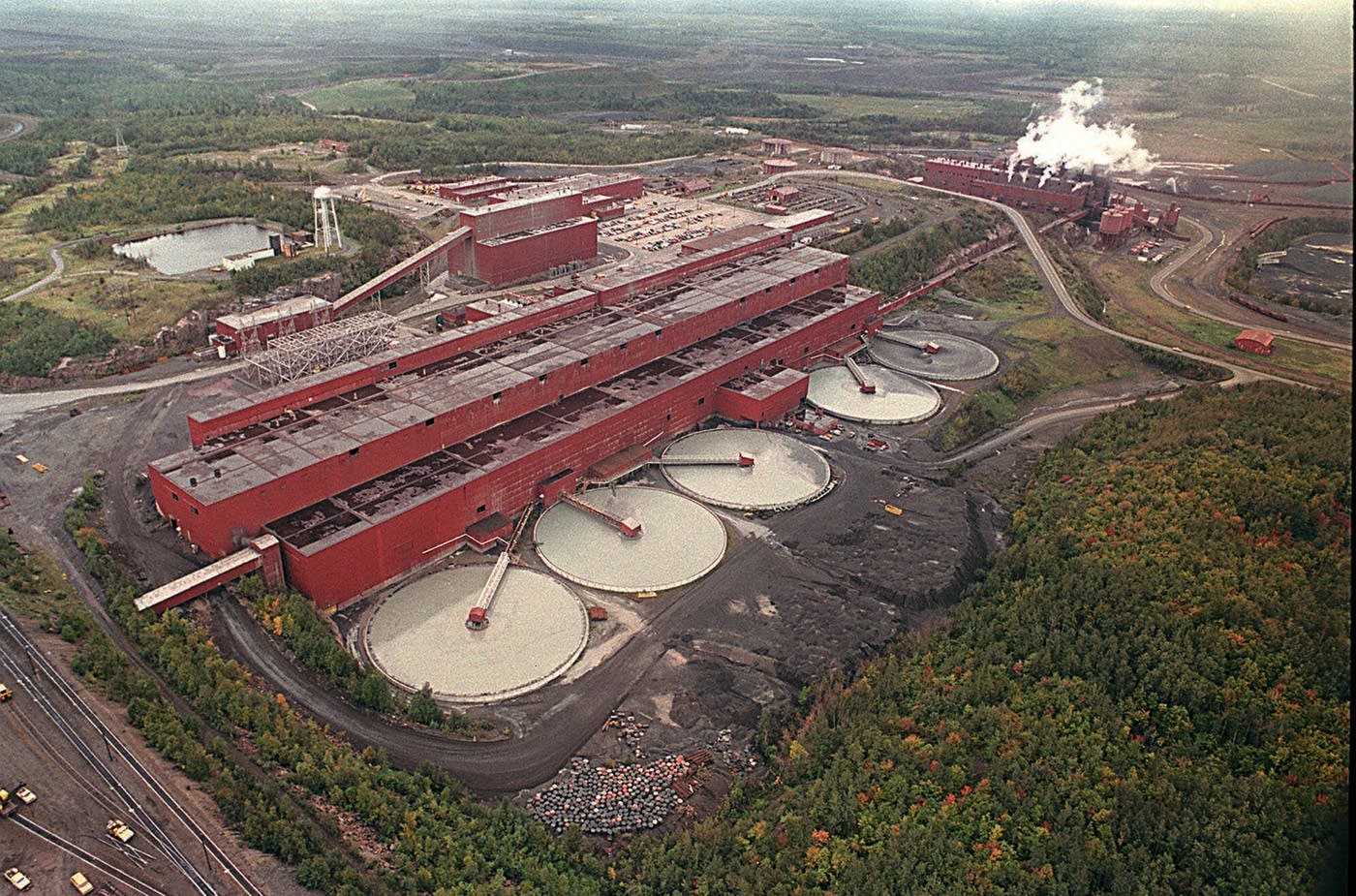Minnesota
Regulators suspend PolyMet’s wetlands permit for Minnesota mine

MINNEAPOLIS (AP) — A federal regulator has suspended the PolyMet Mining Corp.’s permit to dredge more than 900 acres of wetland for Minnesota’s first copper mine.
The ruling is a victory for the Fond du Lac Band of Lake Superior Chippewa which attempted to protect Indigenous water quality standards as a “downstream state” under the Clean Water Act.
The suspension means five major permits for the $1 billion PolyMet project are now stayed or under review. PolyMet is owned by Switzerland-based mining giant Glencore via its 72% stake in Toronto-based PolyMet Mining Corp., according to the Star Tribune.
The U.S. Army Corps of Engineers stayed the wetlands permit it issued to PolyMet so the U.S. Environmental Protection Agency could review whether the mining project will negatively affect the Fond du Lac Band reservation water quality, the Star Tribune reported.
The reservation, northwest of Cloquet, is about 70 miles downstream from the proposed mine.
The affected wetlands surround the Partridge and Embarrass Rivers, which lead to the St. Louis River which the band uses for fishing, hunting and other purposes. It is the largest tributary to Lake Superior, upstream from Duluth.
“Depending on the outcome of the EPA’s review, the Corps will make a decision to either reinstate, modify, or revoke the permit,” Corps of Engineers Col. Karl D. Jansen wrote.
Paula Maccabee, advocacy director and counsel of the environmental nonprofit WaterLegacy, said the Fond du Lac Band is breaking new ground.
“This is the first time that any downstream tribe has attempted to exercise their rights under the Clean Water Act to object to a federal permit,” she said. “Tribal science and additional scientists all believe that there is a strong likelihood that the PolyMet project will increase mercury in the St. Louis River fish on the reservation.”

